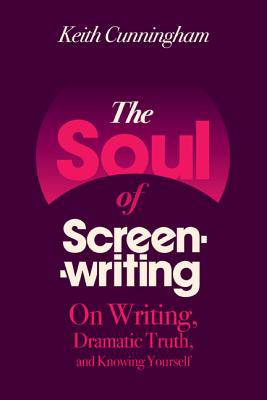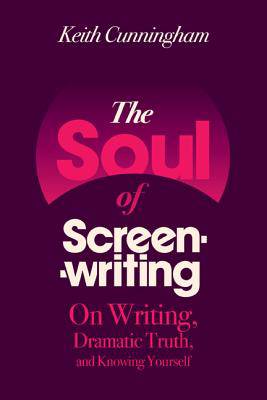
- Retrait gratuit dans votre magasin Club
- 7.000.000 titres dans notre catalogue
- Payer en toute sécurité
- Toujours un magasin près de chez vous
- Retrait gratuit dans votre magasin Club
- 7.000.0000 titres dans notre catalogue
- Payer en toute sécurité
- Toujours un magasin près de chez vous
The Soul of Screenwriting
On Writing, Dramatic Truth, and Knowing Yourself
Keith Cunningham
Livre broché | Anglais
74,95 €
+ 149 points
Description
Uniquely inspired by the work of mythologist Joseph Campbell and psychologist Jean Houston, The Soul of Screenwriting demonstrates how the "screenwriting by numbers" approach that offers templates into which the writer may mechanically drop his or her story idea is fundamentally incomplete. Keith Cunningham maintains that in doing so, one ignores the process of writing. Screenwriting is a long journey and even the most gifted screenwriters get lost along the way. Getting lost, Cunningham reminds us, is part of the process too.
What the writer experiences in the act of writing has never been taken into account, yet this is where the screenplay comes from: the writer's here-and-now experience while working on the story. Information-left-brain concepts and techniques about plot structure, character development and orchestration, the dynamics of scenes and sequences-is all necessary. But it is what one does with the information that makes a truly great screenplay. In The Soul of Screenwriting, Cunningham demonstrates that good screenwriting is more than hitting the big "plot points" with exciting action. G ood screenwriting also has integrity and authenticity. It has a "voice," and because it has a voice it speaks to the audience. To gain a voice, the writer needs the heat of creative imagination: passion, commitment, enthusiasm, a drive to know the truth of the characters, and an urge to get to the core of the dramatic conflict without resorting to escapism. These are qualities of the heart, and as Cunningham argues, screenwriting can indeed be, in Carlos Castañeda's phrase, a path with heart.Spécifications
Parties prenantes
- Auteur(s) :
- Editeur:
Contenu
- Nombre de pages :
- 496
- Langue:
- Anglais
Caractéristiques
- EAN:
- 9780826428691
- Date de parution :
- 01-10-08
- Format:
- Livre broché
- Format numérique:
- Trade paperback (VS)
- Dimensions :
- 158 mm x 233 mm
- Poids :
- 698 g

Les avis
Nous publions uniquement les avis qui respectent les conditions requises. Consultez nos conditions pour les avis.






